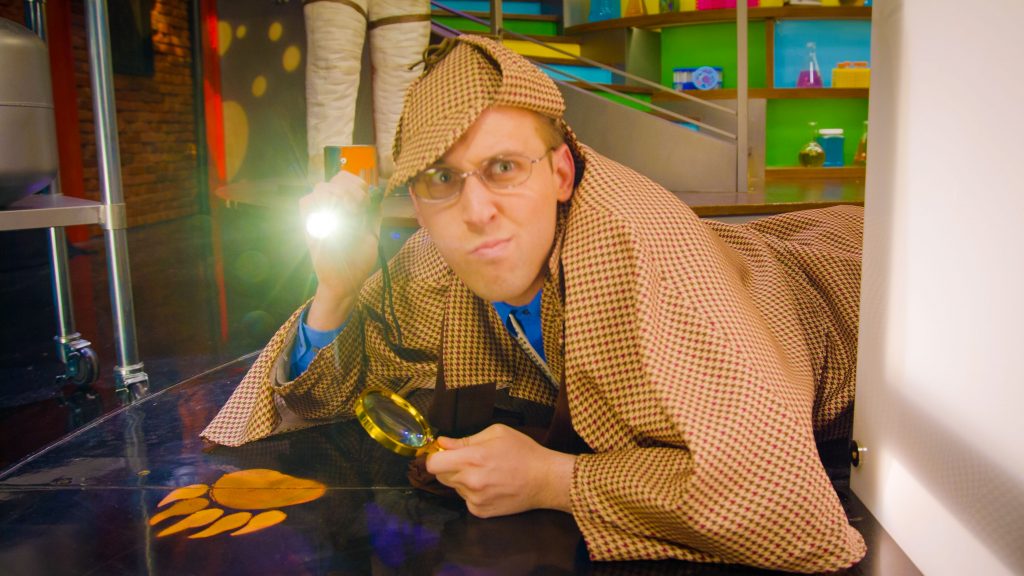
Science is using evidence to learn about the world around us. Scientists do experiments and use their senses to collect evidence.
To better understand how science works…
LET’S BREAK IT DOWN!
Scientists use their senses to learn about the world.
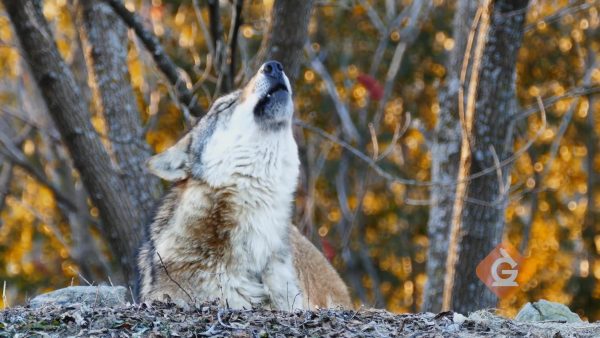
Scientists can learn a lot just by listening. By listening to wolves howl, scientists can learn how many wolves there are, or even where they are located.

Scientists can use their sense of touch and smell.
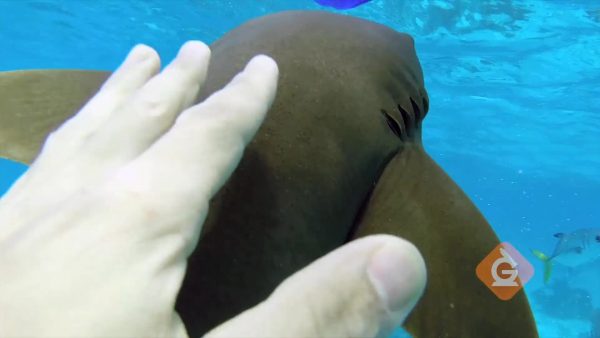
To learn about a shark’s skin, scientists can feel the shark’s skin. Even though the shark’s skin looks smooth, by touching it scientists learned that their skin is rough.

Scientists conduct a lot of experiments to learn about the world.
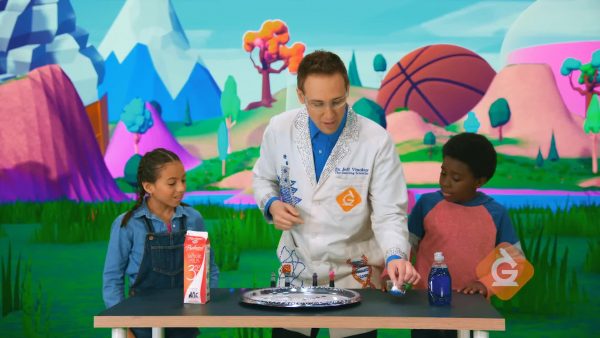
Scientists collect evidence by doing experiments. In an experiment, scientists only change one thing at a time to be sure they know what caused the change they observed.

Some scientists discover new things to make our world better.
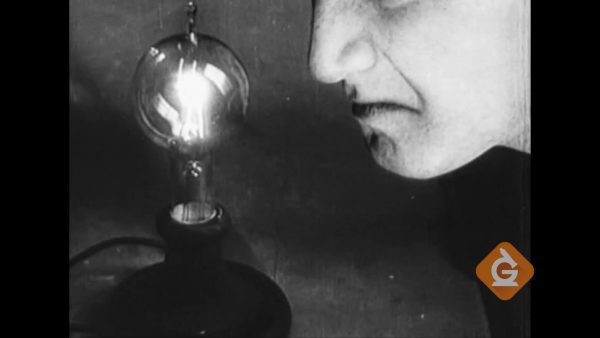
Thomas Edison was a scientist. He invented the light bulb. Thomas Edison experimented for many years before he successfully made the first light bulb.

Even kids can collect evidence and be scientists.

Did you know that a kid discovered a mastodon tooth that led to the discovery of more fossils? Kids can learn about the world by making observations and by doing experiments too.

SCIENCE VOCABULARY
SCIENCE DISCUSSION QUESTIONS
How is a scientist like a detective?
What information can scientists get from listening to wolves howling?
How can scientists learn about the skin of a shark?
What is a fair test?
If you could be any kind of scientist, which one would you be?
Skip, I will use a 3 day free trial
Enjoy your free 30 days trial
We use cookies to make your experience with this site better. By using this site you agree to our use of cookies. Click "Decline" to delete and block any non-essential cookies for this site on this specific property, device, and browser. Please read our privacy policy for more information on the cookies we use.Learn More
We use cookies to improve your experience. By using this site, you agree to our use of cookies. Click "Decline" to block non-essential cookies. See our privacy policy for details.Learn More






